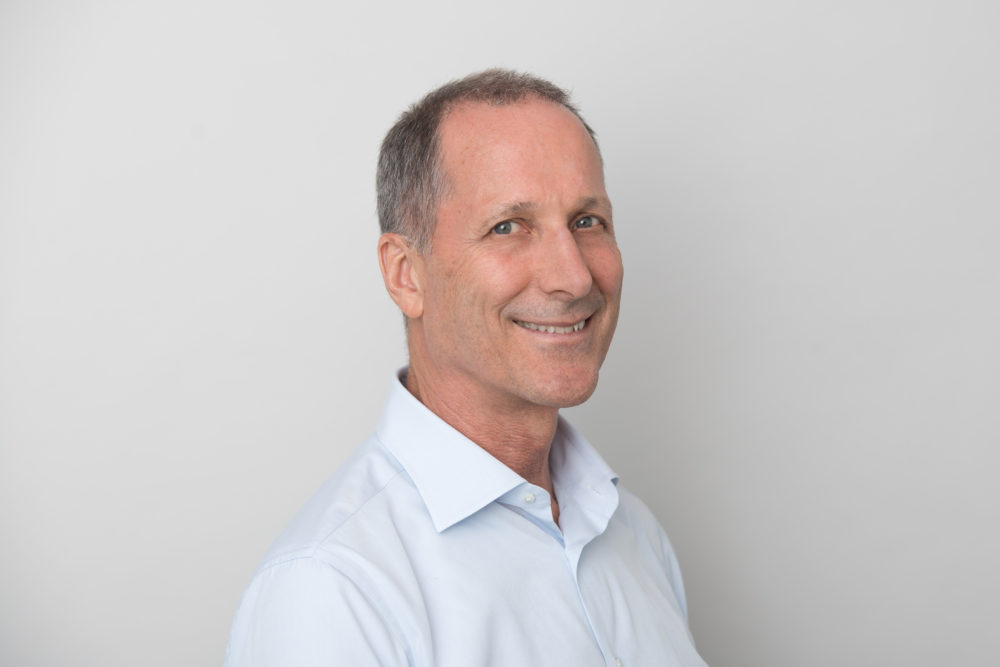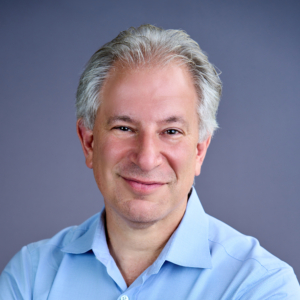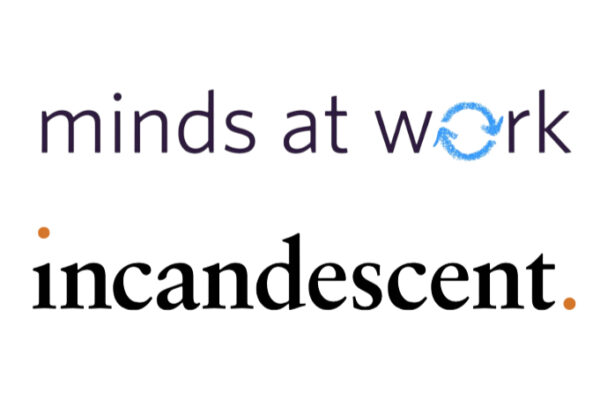
It represents a major milestone in the development of Incandescent that John Rolander has joined the firm as a partner. John joined Katzenbach Partners in 2004 after a long and successful career spanning multiple firms, built up our practice serving financial institutions and further grew this practice at Booz & Company following the acquisition of Katzenbach. John spent four years at Marakon, focused on wealth management, asset management and insurance. He has an exceptionally broad and deep perspective on the industry from decades of advisory work, drawing in turn on the distinct capabilities of a diverse set of firms in which he’s been a partner and a leader.
This body of experience and expertise scratches the surface of what John brings to Incandescent. John is an avid marathoner and along with his Columbia MBA, a graduate of the Harvard Divinity School. He exemplifies the long view that we seek to take in building the firm.
There is no one from whom I’ve learned more about what it means to serve a client in the deepest sense. John exemplifies the discipline of understanding an organization’s full context – its strategic environment, the way its operations work, and the distinct perspectives of each major stakeholder – and arriving at a practical, human perspective on what will be required to achieve a goal. In the businesses John has spent so much of his career advising, building trust, articulating the essential value that complex solutions provide, and connecting organizational parts to deliver superior performance at the firm level are core drivers of what creates value. John has internalized these values and skills down to his marrow; he’s a living example of what excellence in these domains can mean. I can think of no better compass to set for Incandescent as we grow the firm and broaden the partnership.
While Incandescent as a firm spans industry domains, we’re excited that John’s addition to the firm will deepen what is already a significant concentration of work that we’ve done in financial services in our first five years. The firm’s broader research and innovation agenda will be advanced by deepening our work on some of the specific questions that stand out in the financial sector:
- How can firms be ambidextrous in delivering both highly differentiated, complex offerings in the context of committed client partnerships and exploit technology to achieve vast scale and low costs?
- What represents the critical work at the enterprise level for diversified financial institutions? How do teams at the top drive this work effectively? How can institutions create the structure, process and most of all culture and networks that enable them to move beyond operating as a collection of fiefdoms?
- How can asset managers combine analytics and human judgment to achieve an edge in decision making? How can financial institutions of all kinds manage the structural tensions required to balance risk management and innovation?
- As the pivotal talent pools for the industry evolve – with generational change and with the rise of artificial intelligence – how will organizations need to evolve, shift their cultures and create new value propositions for talent?
- How can large institutions capitalize on the wave of innovations developing out of the fintech space? What are the critical organizational and human aspects of making partnerships and acquisitions successful? How can the fintech companies gain the benefits of partnership while retaining the strategic and cultural independence required to break new ground?
- How can social sector actors catalyze innovation and changes in industry practices that widen access and improve outcomes for consumers and citizens? How can the industry build non-traditional partnerships and proactively evolve the playing field in ways that achieve public benefits and avoid unnecessary structural costs and constraints?
These questions live at a frontier where there is relevant knowledge, but no one has arrived at robust answers. The key design decisions we made early in the firm’s evolution position us to advance at these frontiers. We’re equally as committed to work creating and building businesses – where our work typically earns only equity, without any cash fees – as to serving larger institutions. When we do work with large institutions, we aren’t wedded to a traditional consulting model of dedicated teams working intensively on either defined analytical engagements or large-scale program management. These models meet certain needs well, but we find that for the most complex questions, there is greater impact from a lighter, longer-term advisory relationship focused on serving as a thought partner for client top management and as an orchestrator of work both inside the client organization and with its key partners. A significant part of the firm’s strategy work focuses above the firm level at the systems level, sometimes working with foundations and other social sector actors, and sometimes with companies who aim to be catalysts of broader change. This gives us a wider field of vision and a greater appreciation for the organizational imperatives that come with work driven through partnerships and coalitions. We prioritize R & D more in the way that a biotech would than a traditional services firm, and believe that our ultimate impact will be a product of our ability to advance the world’s thinking on the hardest, most consequential questions about how to create, build, run and change enterprises.
I’ll look forward to sharing “letters from the front” on this blog as our work at these frontiers generates learning relevant not only to the financial sector but to a range of other domains working through parallel dynamics. John and I, along with Darko Lovrich, Frank Jones and other colleagues are setting aside significant time to engage in a range of dialogues as we set off to deepen this facet of the firm’s broader work, and we’d very much value ideas about whom we should be in conversation with – not only prospective clients, but collaborators, researchers, and innovators with shared interest in these questions that matter deeply to us.



